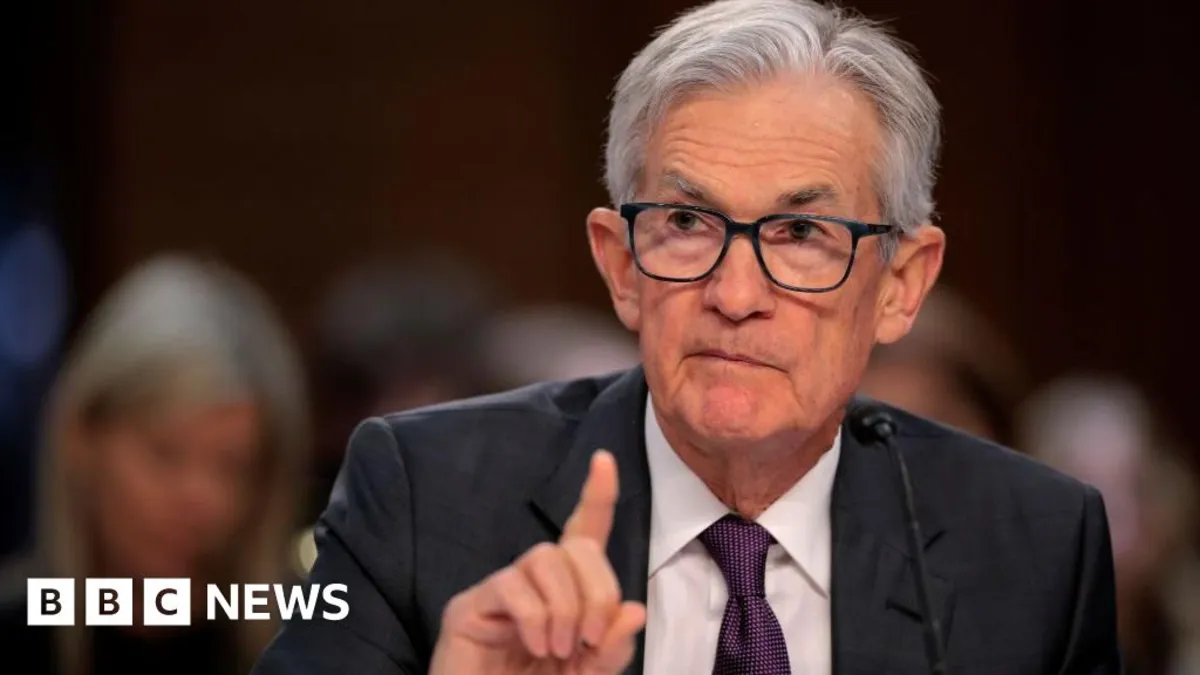
American shoppers may experience higher prices if US President Donald Trump proceeds with his proposed tariffs, as warned by the US central bank. Minutes from the Federal Reserve's January meeting, released on Wednesday, indicate that members of its committee believe Trump’s policies might impede the disinflation process.
According to the minutes, business contacts across several districts have noted that firms are likely to pass on higher input costs from potential tariffs to consumers. This revelation comes as the Federal Reserve faces criticism from President Trump for not reducing interest rates sooner, after maintaining the rates during the January meeting.
The Fed minutes also highlighted elevated uncertainty regarding the scope, timing, and potential economic effects of possible changes to trade, immigration, fiscal, and regulatory policies. A couple of participants noted that distinguishing between persistent changes in inflation and temporary changes associated with new government policies might be particularly challenging in the upcoming period.
The minutes further demonstrated the central bank's readiness to maintain steady rates amidst stubborn inflation and economic-policy uncertainty. The key interest rate was left unchanged in the range of 4.25% to 4.5% during the January meeting, marking a pause after a series of cuts late last year.
Federal Reserve Chair Jerome Powell has previously stated that the bank was not in a rush to implement further cuts given the significant uncertainty surrounding the economic outlook. Analysts predict that the Fed might only cut the benchmark interest rate once in 2025, with a substantial possibility of no cuts at all.
President Trump's campaign promises included calls for lower interest rates, which could offer relief to borrowers. This has sparked a debate on whether he will uphold the tradition of Fed independence, a practice designed to keep the bank focused on the long-term health of the US economy and free from political influence.
Mr. Powell has previously reported no direct contact with President Trump, reaffirming that the bank is focused on data when determining rates. However, questions regarding the Fed's handling of a new White House order to cancel diversity programs and its withdrawal from a global coalition of central banks addressing climate change risks to the financial system underscore the challenges he will encounter in keeping the bank politically neutral.